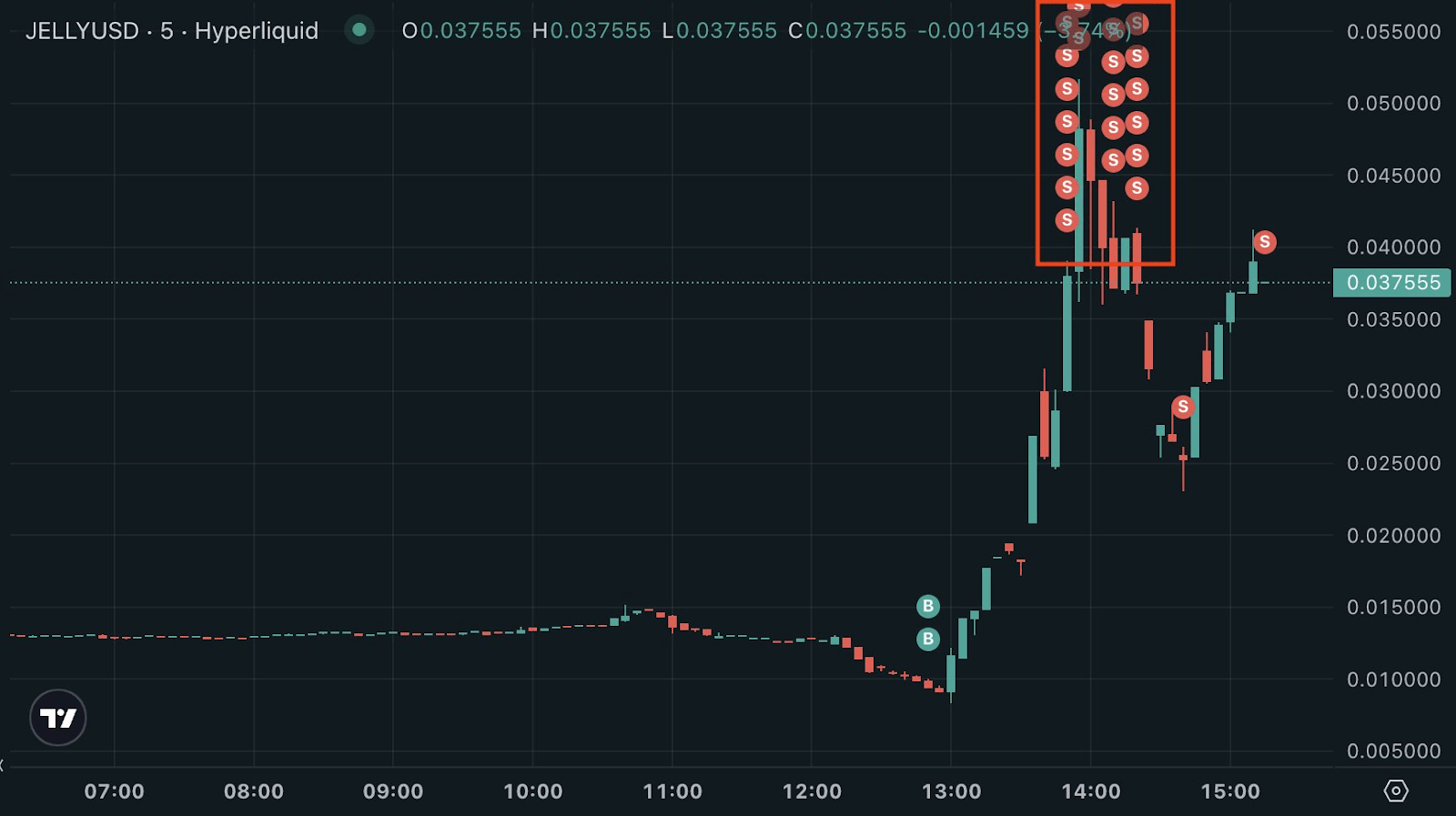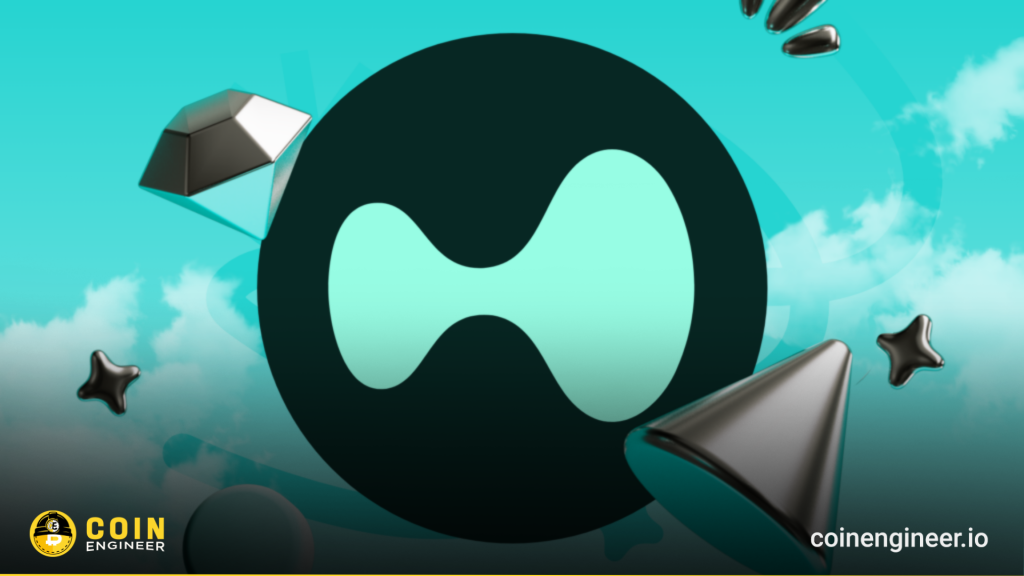A mysterious crypto whale reportedly profited over $6.2 million by exploiting the liquidation parameters on the decentralized derivatives exchange Hyperliquid, using the memecoin Jelly my Jelly (JELLY). The trader opened multiple long and short positions totaling millions of dollars, manipulating the system’s logic to evade liquidation.
Liquidation Process Bypassed Using HLP Vault
When the price of JELLY surged by 400%, the large short position held by the whale was not immediately liquidated. Instead, it was absorbed into the Hyperliquidity Provider Vault (HLP), a mechanism designed to process large-scale liquidations. Despite efforts to contain the exploit, the attacker still held 10% of JELLY’s total supply, worth nearly $2 million as of March 27.
You Might Be Interested In: Elon Musk Talks About the Name of a New Memecoin!
Following the incident, Hyperliquid delisted JELLY, citing “suspicious market activity.” This move sparked criticism from the community, with some users questioning the platform’s decentralization. According to Bitget Research analyst Ryan Lee, Hyperliquid’s actions may damage trust in DEXs if interventions appear overly centralized.

DEX Growth Threatens CEX Dominance
Despite the exploit, decentralized exchanges (DEXs) like Hyperliquid are increasingly challenging centralized platforms (CEXs). CoinGecko co-founder Bobby Ong pointed out that some in the industry believe major CEXs are feeling threatened and may be fighting back to protect their market share.
“It’s clear that CEXes are feeling threatened by DEXes, and are not going to see their market share erode without putting on a fight,” Ong said in an April 3 post on X (formerly Twitter).
Hyperliquid Climbs the Ranks
According to CoinGecko data, Hyperliquid is now the eighth-largest perpetual futures exchange by volume, outperforming platforms like HTX, Kraken, and BitMEX. In terms of open interest, Hyperliquid ranks 12th globally, with over $3 billion in 24-hour open interest—though still behind Binance’s $19.5 billion.
While DEXs offer transparency and non-custodial trading, incidents like this highlight the ongoing security and trust challenges facing emerging decentralized finance platforms. How protocols like Hyperliquid respond will be crucial in shaping investor confidence going forward.
You can also freely share your thoughts and comments about the topic in the comment section. Additionally, don’t forget to follow us on our Telegram, YouTube, and Twitter channels for the latest news and updates.


